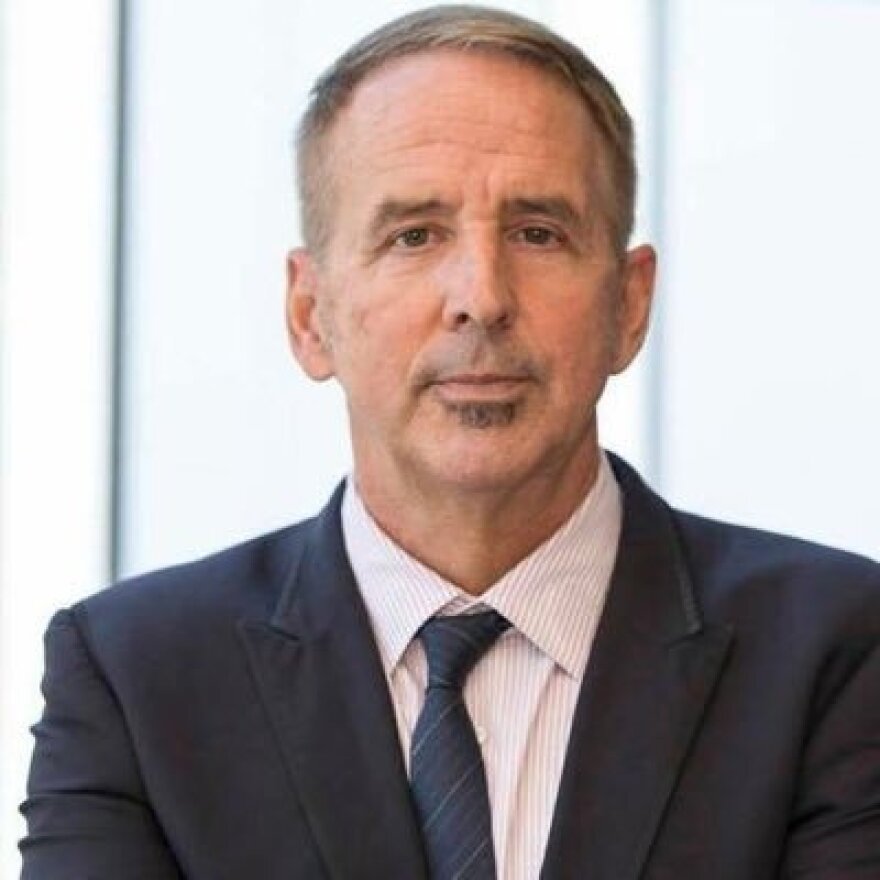A new year began at Nevada’s four- and two-year campuses this week, with most classes being offered online only because of continuing concerns about the coronavirus pandemic.
Besides turning the college experience upside down, the pandemic has caused major problems for the Nevada System of Higher Education's budget.
The virus outbreak and the financial consequences will soon be in the hands of the new chancellor of NSHE, Melody Rose. She takes her new job this Tuesday.
That means Thom Reilly is in his final few days as chancellor. During his three years at the head of NSHE, Reilly said he is most proud of his efforts around student success.
"I think focusing the Nevada System of Higher Education on a strategic focus, particularly on the issue of student success," Reilly said, "You talk to any president today they'll clearly say their number one focus is to graduate individuals."
Reilly said that getting a little bit of college but not graduating can actually be more harmful to some students because of the amount of debt they accumulate with not a lot to show for it.
"So, focusing clearly on developing very specific metrics and having the board pass very specific policies... and increasing high touch programs that have been proven to increase student retention and student success," he said.
One area that Reilly wished he could have done more on is improving dual enrollment programs with career and technical training for community colleges.
"We really need to push career and technical training dual enrollment programs, make them more equitable, which will require some additional resources to do that, and ensure that students have equal access to them," he said.
Additional resources will be difficult to come by in the next few years, Reilly had to oversee massive budget cuts at higher education institutions around the state because of the state budget shortfall due to the coronavirus pandemic.
Reilly said NSHE has tried to use as many financial offsets to mitigate the impacts of the budget cuts. The agency tapped into CARES Act dollars from the federal government and a rainy day fund; however, now those reserves have been depleted.
"The real challenge is going to be [Fiscal Year 2022], which starts July 1 of calendar year 2021, when we do not have those tools anymore, when we do not have additional revenue offsets," he said.
Reilly said if revenue doesn't pick up the higher ed system will face a "significant challenge."
One of the problems with funding for Nevada's higher ed system, particularly UNLV and UNR, is the schools get most of their money from the state.
"About 70 percent of our funding for higher education comes from the state," he said, "If you look at, for example, Arizona State University, it's around 12 percent."
Reilly said there are ways to fix that problem, including bringing in more funding from research grants, increasing online classes and putting together more public-private partnerships.
"That's going to be a real issue," he said, "The only other major funding source that we have are tuition and fees, that's 30 percent. So, our registration and tuition are lower when we compare ourselves nationally and to western states."
He said NSHE could raise tuition and fees for students or look at generating other revenue streams.
Because the funding formula for NSHE is based on enrollment and student completion, Reilly is concerned about what will happen if enrollment drops, especially for some of the smaller community colleges in Nevada.
When the legislative session begins again in February, Reilly said the Regents have decided to focus on funding for a new engineering building for UNLV. The original funding for the new building had to be cut this year because of budget concerns. Money for UNLV's medical school also had to be cut.
Thom Reilly, Chancellor, Nevada System of Higher Education









